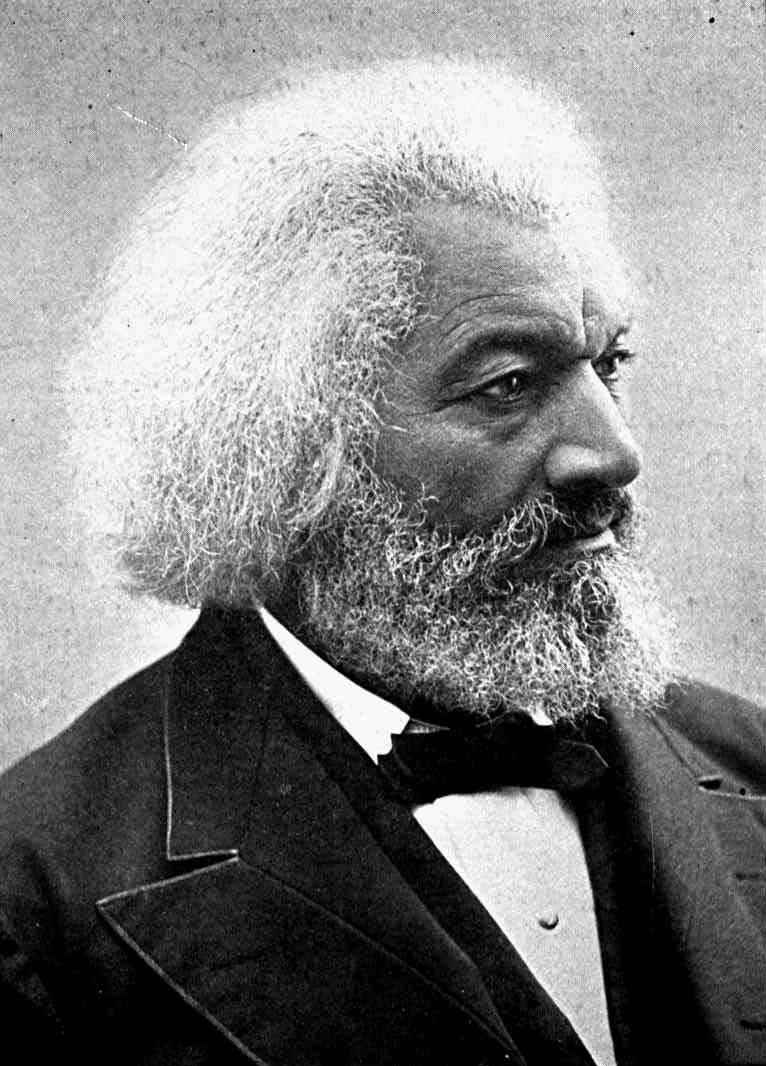Robin Ingenthron Academia.Edu - Two decades of building a case in favor of Trade between Global Geeks
Frederick Douglass 1881 Speech about Abolitionist John Brown
Finished reading, then watching "The Good Lord Bird" yesterday.
From the National Park Service museum page for Harper's Ferry... this tribute to John Brown by Frederick Douglass serves as a reminder not to dismiss those who go down fighting for a just cause.
On May 30, 1881, Frederick Douglass delivered a memorable oration on the subject of John Brown at the Fourteenth Anniversary of Storer College. Especially notable was the presence among the platform guests of Andrew Hunter, the District Attorney of Charles Town who had prosecuted Brown and secured his conviction. In his oration, Douglass extolled Brown as a martyr to the cause of liberty, and concluded with the following passages:
 Frederick Douglass |
"But the question is, Did John Brown fail? He certainly did fail to get out of Harpers Ferry before being beaten down by United States soldiers; he did fail to save his own life, and to lead a liberating army into the mountains of Virginia. But he did not go to Harpers Ferry to save his life.
"The true question is, Did John Brown draw his sword against slavery and thereby lose his life in vain? And to this I answer ten thousand times, No! No man fails, or can fail, who so grandly gives himself and all he has to a righteous cause. No man, who in his hour of extremest need, when on his way to meet an ignominious death, could so forget himself as to stop and kiss a little child, one of the hated race for whom he was about to die, could by any possibility fail.
"Did John Brown fail? Ask Henry A. Wise in whose house less than two years after, a school for the emancipated slaves was taught.
